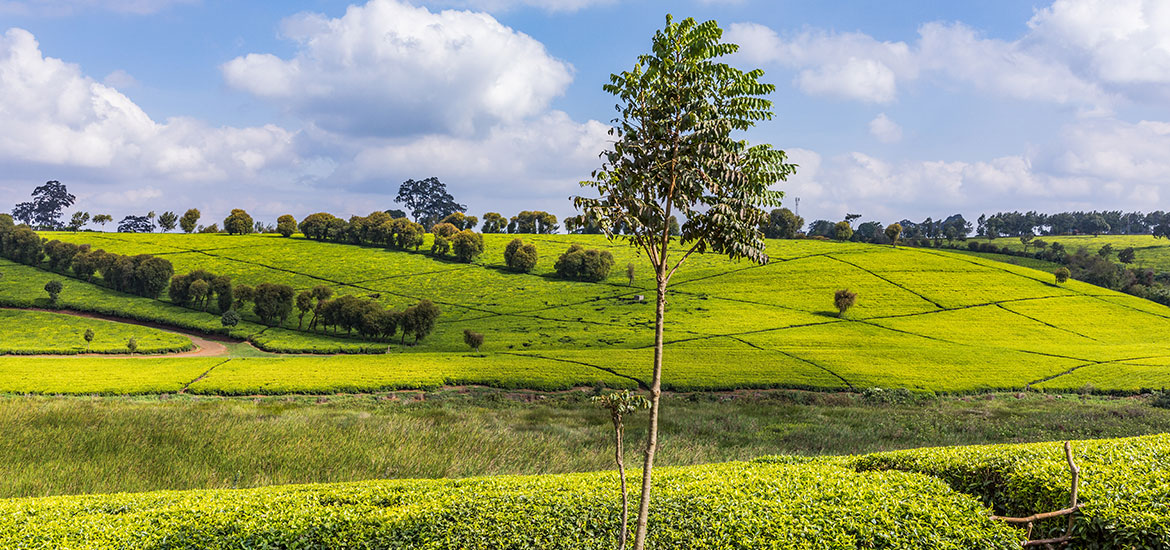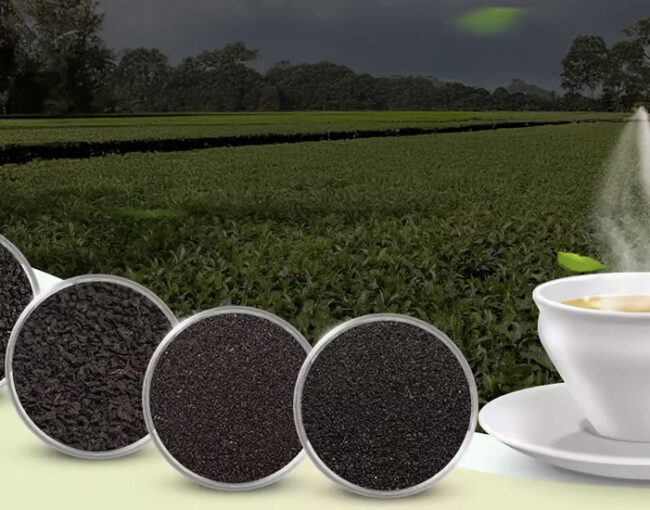Introduction
In the world of tea connoisseurs and tea enthusiasts, Kenyan tea holds a special place. Known for its robust flavor and distinct characteristics, Kenyan teas have gained immense popularity in the global tea market. If you’re in the business of tea and are looking to source the best Kenyan teas for bulk export, you’ve come to the right place. This comprehensive guide will take you through the journey of sourcing the finest Kenyan teas, ensuring you can satisfy the taste buds of your customers.
The Significance of Kenyan Tea
Kenyan tea is distinguished by its full-bodied flavor and briskness. The country’s unique climate, high altitudes, and rich volcanic soils contribute to the exceptional taste of its teas. Kenyan teas are well-known for their vibrant color and aromatic qualities, making them a top choice among tea lovers worldwide.
Types of Kenyan Teas
Kenya produces a range of tea types, including black tea, green tea, and specialty teas like purple tea. Each type has its own unique characteristics, and the choice of which to source will depend on your target market and customer preferences.
Geographical Factors
Understanding the geographical factors that affect the taste of Kenyan teas is essential. The region in which the tea is grown, whether it’s the highlands or lowlands, plays a vital role in determining the flavor profile. The elevation and climate have a significant impact on the quality of the tea leaves, making high-altitude teas especially sought after for their nuanced flavors.
Best Kenyan Teas for Bulk Export
Kenyan teas are prized for their consistent quality and bold flavors, particularly the CTC (Crush, Tear, Curl) teas that are ideal for bulk export. CTC teas are widely used in black tea blends, making them a staple in many households and a crucial component of the global tea supply chain.
Sourcing Kenyan Teas: A Step-by-Step Guide
- Identifying Reliable Suppliers
Start by identifying reputable tea suppliers in Kenya. Look for companies with a track record of providing high-quality teas and maintaining fair trade practices. Establishing relationships with trustworthy suppliers is key to sourcing the best teas. - Quality Assurance and Certification
Ensure that your chosen suppliers adhere to international quality standards and hold certifications such as ISO and Fair Trade. These certifications assure you of the quality of the tea and the ethical nature of the business practices involved. - Sampling and Tasting
Sampling and tasting are crucial steps in evaluating the tea’s flavor, aroma, and overall quality. Conduct blind tastings to make informed decisions about which teas to export, ensuring they meet your customers’ expectations. - Negotiating Contracts
Negotiate contracts with your chosen suppliers, making sure to have clear terms on pricing, quantity, and delivery schedules. Having well-defined contracts is essential for a smooth and transparent business relationship. - Packaging and Shipping
Pay attention to the packaging of the teas. High-quality packaging preserves the freshness of the tea and enhances its appeal to consumers. Choose reliable shipping methods to ensure that the teas reach your customers in optimal condition.
The Importance of Freshness
Freshness is key to maintaining the quality of Kenyan teas. Ensure proper storage conditions to retain the tea’s flavor and aroma, especially if you plan to store the tea for some time before selling it. Fresh tea makes for a superior cup, and maintaining freshness is essential for customer satisfaction.
Marketing and Branding
Create a unique brand identity for your Kenyan tea exports. Effective marketing and branding can help you stand out in the competitive tea market. Highlight the unique qualities of Kenyan tea, such as its origin, flavor, and sustainability, to appeal to consumers.
The Competitive Advantage
Understanding the unique selling points of Kenyan tea, such as its quality, flavor, and origin, can give you a competitive edge in the market. Emphasize these advantages in your marketing strategy to attract tea enthusiasts who value authenticity and quality.
Brewing Kenyan Tea
Educate your customers on the best brewing practices for Kenyan tea. Provide guidance on water temperature, steeping time, and serving options to enhance their tea-drinking experience and ensure they enjoy the full depth of flavor Kenyan tea has to offer.
Customer Preferences
Be attentive to the preferences of your target market. Whether your customers prefer traditional loose-leaf tea or convenient tea bags, adapt your product offerings accordingly to meet their needs and increase customer satisfaction.
The Art of Tea Blending
Consider offering blended teas that incorporate Kenyan tea as a base. Blending allows you to create unique flavors that cater to diverse tastes, making your product line more versatile and appealing to a wider audience.
Regulatory Compliance
Familiarize yourself with the regulations and legal requirements for tea exports in your target markets. Compliance is crucial to avoid any legal issues and ensure that your business runs smoothly without interruptions.
Conclusion
Sourcing the best Kenyan teas for bulk export is a rewarding endeavor that allows you to bring the exquisite taste of Kenya’s rich tea heritage to consumers around the world. By following the steps outlined in this guide, you can establish a successful tea export business that delivers quality and flavor in every cup.
Remember, sourcing the best Kenyan teas for bulk export is a journey that involves dedication, a keen palate, and a commitment to quality. It’s a journey worth embarking on to bring the rich flavors of Kenyan tea to tea lovers everywhere.


